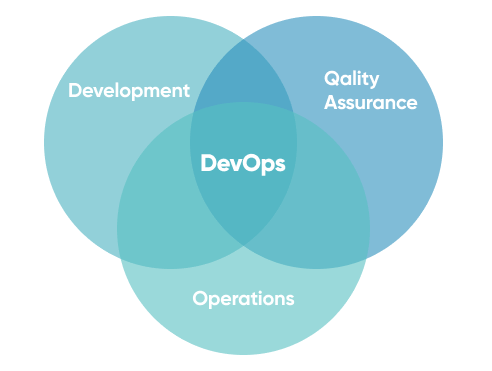
DevOps is a process of continuous improvement and automation. It enables teams to automate the build and testing process of software while also identifying vulnerabilities and remediating them as early as possible. This process also requires teams to build and use project management tools that support agile project management practices. Examples of open source projects include GitHub Issues.
DevOps has also been a cultural shift in the way developers, and operations teams interact. DevOps professionals must be able to bridge this gap between the two groups. Although they may be able use automation tools and technologies to simplify the process, they need to be able to collaborate with the right people to make it work.
DevOps integrates several IT practices to improve the collaboration between developers and operations. These practices include automation as well as containers and cloud hosting. These tools can be open source or proprietary. You can also find supported distributions open-source technology. DevOps requires you to be able and willing to work with both the operations and development teams.
In addition to coding, Outsource devops professionals should have a strong understanding of infrastructure. This includes automation of infrastructure. Infrastructura as code allows engineers access to ready-to use automation solutions. They also need to be familiarized with cloud based infrastructure.
DevOps also includes change management. This involves changing internal processes and preparing employees to adapt. Companies can simplify internal and outside processes by automating them. A company could automate delivery and provide customers with real-time status. This reduces the chance of errors and saves time.
DevOps (Development Operations) is a growing field of IT professionals. You have many options for training and job titles. Some information technology professionals have a specialization in a certain area, such DevSecOps. DevOps also has many sub-categories. Some specializations focus on high availability, fault tolerance, security, performance, and more.
DevOps also handles routine maintenance and troubleshooting tasks. Software changes constantly, so the IT infrastructure must adapt. DevOps experts review the infrastructure regularly and adjust configurations to minimize mistakes. They can also use automated tools to assist with troubleshooting.
DevOps’ goal is to bring together IT operations and business. By implementing new principles and methodologies, DevOps aims to simplify the process of creating and deploying software. It is imperative that software creation and deployment processes are simplified as the world continues to consume more information.
DevOps practitioners can collaborate with other members of the team to improve communication, productivity, and quality. Organizations can produce better software and reduce the time it takes to deliver it. These benefits result in happier teams and greater employee engagement. DevOps specialists also benefit from more flexible work environments and career opportunities.
Simplilearn has been a leader in online DevOps Training. You can get started in your new role of DevOps expert by completing their certification program. Simplilearn’s DevOps Master’s course includes six additional courses, as well a Capstone Project. This master’s degree will prepare you to be a DevOps Engineer, which is the first step towards becoming a DevOps architect.
